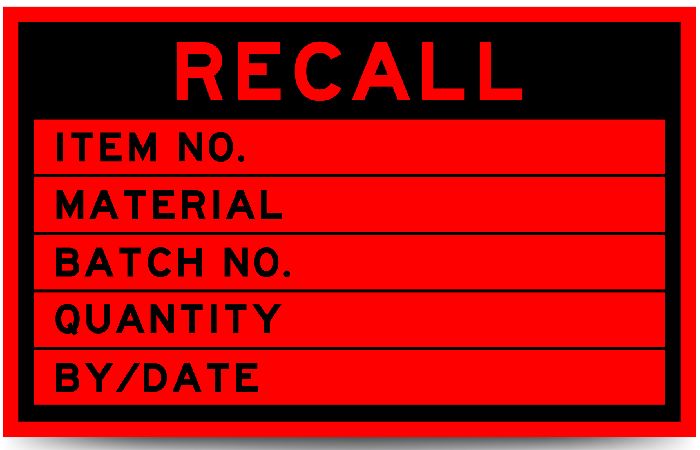Dramatic rise seen in medicine recalls
In Health & NHS
Follow this topic
Bookmark
Record learning outcomes
The number of medicines recalled by manufacturers due to defects has increased by 153 per cent in the UK since 2017, according to new figures. It is thought that relaxed regulations during Covid could be one possible factor behind the rise.
Official data from the MHRA shows that whilst there were 68 medicines recalled in the UK between January 2014 and January 2017, the numbers rose dramatically between January 2020 and January 2023 to 172 medicine recalls.
Legal firm Arnold & Porter (London) said a number of factors could be fuelling the increase and changes to regulations during the pandemic might have contributed.
Jacquleine Mulryne, life sciences partner at Arnold & Porter, said: “The MHRA allowed various temporary flexibilities in the regulation of medicines and medical devices to support the supply chain and wider response to Covid-19. In addition, many inspections were delayed during this time, so there was then a catch up from 2021 onwards. This could have led to an impact on recalls, or meant there was an increase in the number of recalls when inspections/operations re-started.”
Other factors might also be fuelling the rise in medicine recalls, some of which have been high profile, including the recall of medicines containing pholcodine, a key ingredient in cough and cold preparations.
Arnold & Porter point out that pharmacovigilance rules were updated in 2012 making the guidance and procedures around medicine safety more robust. “As such, the vigilance over products, both by companies and by the authorities, increased, and so there would likely also be an increase in subsequent recalls,” said Ms Mulryne.
Another factor identified as a possible reason for recalls becoming more frequent was due to the presence of nitrosamines, a chemical more commonly found in tobacco products or processed meat. This was first discovered in 2018 and has led to some recalls.
While there is no sanction simply because a medicine needs to be recalled, safety issues with a medicine can lead to litigation or criminal sanctions in the most extreme cases.
“Safety issues may lead to a variation, suspension or revocation of the marketing authorisation before the product can be returned to the market, assuming that is considered appropriate given the issue that led to the recall. If considered necessary, the authorities can bring enforcement action if they believe the regulatory requirements have not been met,” said Ms Mulryne.
The law firm urged medicine manufacturers to commit to continued monitoring of a product and amending or updating the product information and procedures to address and minimise any issues that arise.

